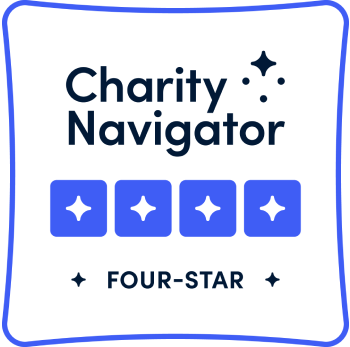Donor Advised Fund FAQ
What is a donor-advised fund?
A donor-advised fund (DAF) is a type of giving program that allows you to combine the most favorable tax benefits with the flexibility to easily support your favorite charities. An increasingly popular charitable vehicle, DAFs are an excellent way to both simplify your charitable giving and facilitate your strategic philanthropic goals.
How does it work?
Establish your DAF by making an irrevocable, tax-deductible donation to a public charity that sponsors a DAF program.
Advise the investment allocation of the donated assets (any investment growth is tax-free).
Recommend grants to qualified public charities of your choice.
What are the main advantages of a donor-advised fund?
Simplicity – The DAF sponsor handles all record-keeping, disbursements, and tax receipts.
Flexibility – timing of your tax deduction can be separate from charitable decision making.
Tax-efficiency – Contributions are tax-deductible and any investment growth in the DAF is tax-free. It is also easy to donate long term appreciated securities, eliminating capital gains taxes and allowing you to support multiple charities from one block of stock.
Family legacy – A DAF is a powerful way to build or continue a tradition of family philanthropy.
No start-up costs – There is no cost to establish a donor-advised fund. However, there are often
minimum initial charitable contributions to establish the DAF (typically $5,000 or more).
No transaction fees – Once approved, 100% of your recommended grant goes to your qualified public charity of choice.
Privacy if desired – Donors may choose to remain anonymous to the grant recipient.


